MIT Scientists Used Biological Virus To Speed Up Computers
Indira Datta - Dec 08, 2018
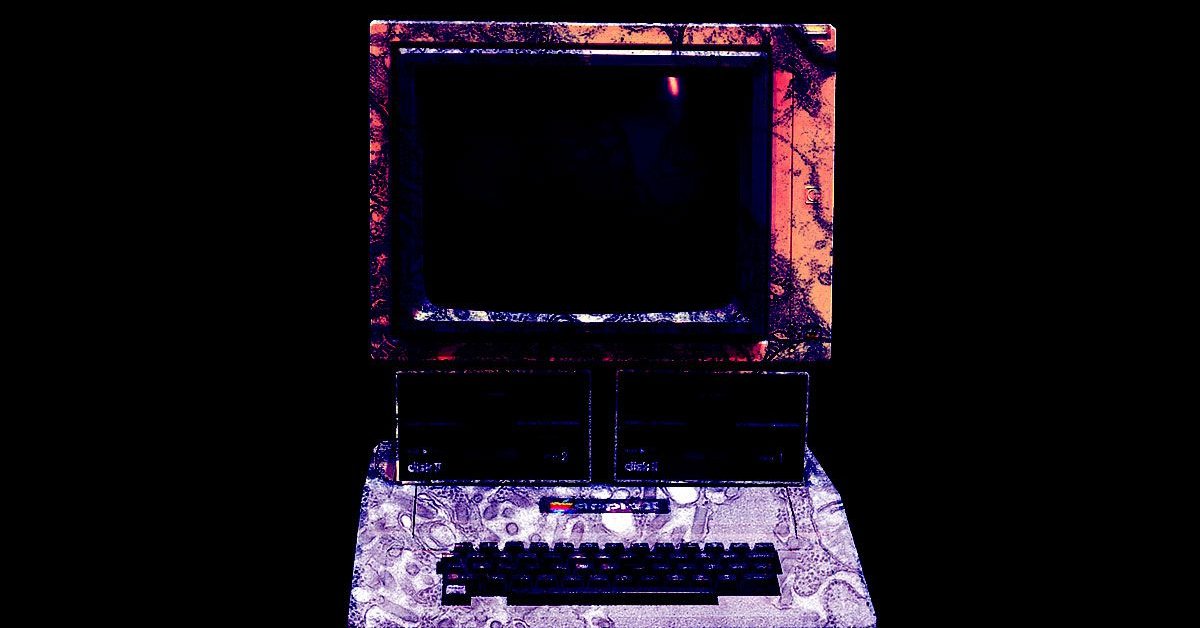
Researchers have successfully developed a new method of production using a bio-virus that can get rid of delays in data transmission in computers.
- Receive Buffers And Other Tips To Improve Your Internet Connection
- This Trackball Contains All Of Its Electronics Inside
- UK Startup Develops The First Antimicrobial Smartphone In The World
In recent years, the transmission of data has been much improved. However, the information still has to move from hardware to hardware, which can be time-consuming for users. Scientists from the Singapore University of Technology and Design and MIT have devised a new method of production using a biological virus that can get rid of those delays.
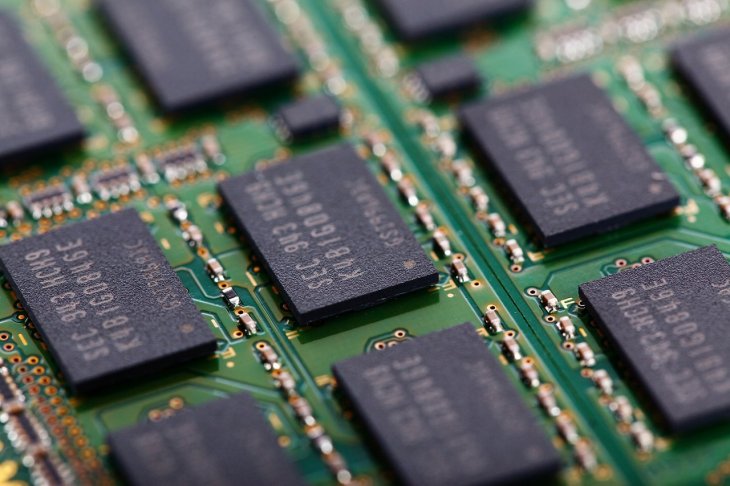
According to a study published in the journal ACS Applied Nanomaterials, researchers will use a bio-virus that speeds up the transfer of data. Specifically, the virus, called M13, is capable of unlocking phase-change memory, a kind of digital storage which would accelerate the speed of all computers.
The problem that these viruses deal with is the traditional transferring method of memory in a computer. Transferring data from a fast but transient RAM to persistent storage on the hard drive may take a few milliseconds to complete.
This is where phase-change memory come into the scene, by swapping the two-component memory system for single-type storage. This type of memory can perform as rapidly as a RAM and offer larger storage capacity compared to a hard drive. With phase-change memory, the delay can be reduced to almost ten nanoseconds.
The current production process for phase change memory requires too high a temperature, which can destroy gallium antimonide - this is one of the necessary essential materials in the production of phase-change memory. According to research carried out by scientists, using a virus that pulls the gallium antimonide pieces together can form functional wires while maintaining a much lower temperature.
So don't worry. Some days in the future, if this research is proved to be a success and is applied to everyone's computer hardware system, all users will save over milliseconds of waiting. This helps you work more efficiently and perform better at multi-tasking.
Featured Stories
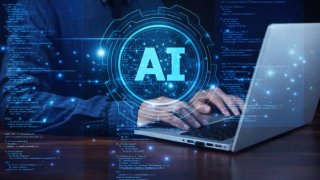
How To - Mar 04, 2026
Getting Started with AI: A Newbie's Simple Guide
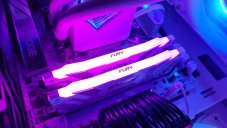
ICT News - Mar 03, 2026
Budget Entry-Level PCs Under $500 to Vanish by 2028 Due to Memory Price Surge

ICT News - Mar 02, 2026
IDC Report Predicts Surging Smartphone Prices Due to Global RAM Shortage

ICT News - Mar 01, 2026
Samsung Links Galaxy S26 Price Hikes to AI Memory Supply Issues

ICT News - Feb 28, 2026
Anthropic Blacklisted by US Department of War: Trump Orders Federal Ban Over AI...

ICT News - Feb 26, 2026
AI Models Frequently Resort to Nuclear Escalation in Simulated Crises, Study...

ICT News - Feb 23, 2026
It's Over for Xbox: Asha Sharma Takes Over to Ruin Microsoft Gaming with AI
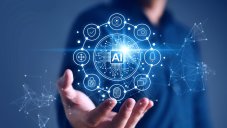
ICT News - Feb 22, 2026
Which AI Model Excels at Which Task in 2026: A Comprehensive Guide

ICT News - Feb 21, 2026
AI Coding Agent Causes Major AWS Outage at Amazon

ICT News - Feb 20, 2026
Tech Leaders Question AI Agents' Value: Human Labor Remains More Affordable
Read more

ICT News- Mar 03, 2026
Budget Entry-Level PCs Under $500 to Vanish by 2028 Due to Memory Price Surge
The era of the sub-$500 PC appears to be ending.

How To- Mar 04, 2026
Getting Started with AI: A Newbie's Simple Guide
Are you curious about artificial intelligence but not sure where to begin? You are not alone.
Comments
Sort by Newest | Popular